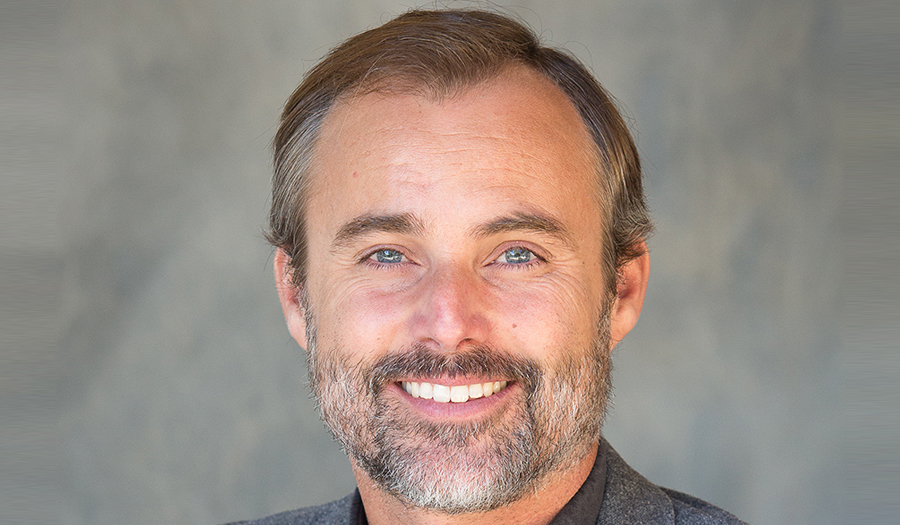Masters in School Psychology (M.Ed.)
This full-time, two-year degree program prepares graduates for a career as a school psychologist. School Psychologists are essential to ensuring that local, national and international schools and school districts deliver culturally responsive mental health services to all students. The program’s curriculum prepares students to deliver evidenced-based services to K-12 students. Students will learn to conduct and evaluate research. In addition to being prepared for careers as school psychologists, graduates are prepared to pursue school and district leadership roles.
Educational Specialist in School Psychology (Ed.S.)
The third year of study includes 1,200 hours of fieldwork that includes 600 hours in a school setting. The program seeks to meet the approval of the National Association of School Psychologists (NASP) and the Massachusetts Department of Elementary and Secondary Education (DESE). Upon approval, program graduates will be immediately eligible for licensure as a School Psychologist in Massachusetts, with support provided for national certification as a school psychologist.
Unique partnerships that enhance learning
The School Psychology program is hosted within Clark University’s Department of Education in collaboration with the Mosakowski Institute for Public Enterprise, which delivers behavioral health services in school settings to adolescents, young adults, and their families and communities. Through combined academic study and practical application, we prepare our graduates to foster the psychological well-being and social equity of all students, particularly those from vulnerable groups.
 University Park Campus School
University Park Campus School
The program benefits from Clark’s longstanding partnerships with the University Park Campus School and other urban partner schools within the Worcester Public School system. As a degree candidate, you will collaborate with your colleagues in the Clark Department of Education’s Master’s in Teaching program on-campus, and in local schools.




 University Park Campus School
University Park Campus School